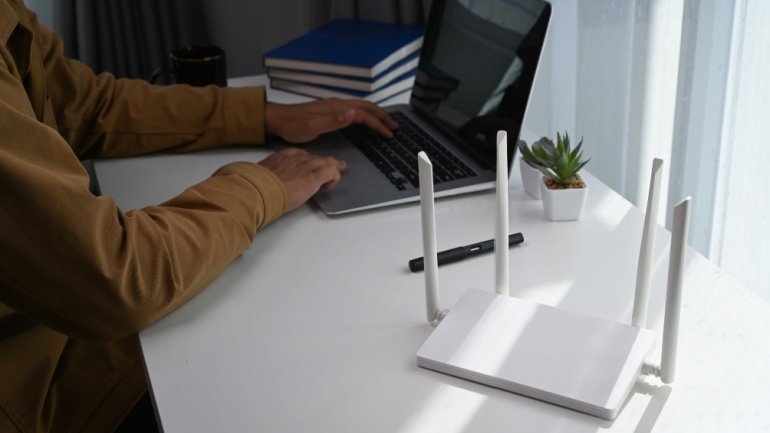Nokia and Vodafone recently achieved a significant milestone in Internet technology, claiming to have conducted the world’s first trial of L4S technology over an end-to-end PON (Passive Optical Network). They claim this breakthrough could potentially eradicate lag during activities like gaming and video calls.
The trial was coordinated by Nokia Research, Nokia Bell Labs and Vodafone’s Fixed Access Center of Excellence and was conducted at Vodafone’s lab in Newbury. L4S technology stands for Low Latency, Low Loss, Scalable Throughput, and is attracting attention as a new Internet standard approved by the Internet Engineering Task Force (IETF). This is intended to allow the network to maintain both high throughput and low latency at the same time.
The core of L4S lies in its ability to address queuing delays, which commonly occur when packets sit idle in network buffers. By reducing these delays, L4S smoothes out latency fluctuations without compromising network speeds, potentially revolutionizing video conferencing and gaming experiences.
Trials conducted on fixed access networks built on Nokia infrastructure have shown promising results. Latency when accessing Internet sites has reportedly been significantly reduced from 550 milliseconds to just 12 milliseconds. When using an Ethernet cable instead of WiFi, the latency was further reduced to 1.05ms.
Azimeh Sefidcon, head of network systems and security research at Bell Labs, expressed optimism about L4S’s capabilities, envisioning seamless operation of a variety of real-time applications such as video conferencing and cloud gaming. Gavin Young, head of Vodafone’s Fixed Access Center of Excellence, said the technology had the potential to provide customers with faster and more responsive internet services, even during peak usage periods. I emphasized.
Although the focus of this trial was on PON technology, the versatility of L4S goes beyond that. According to the release, L4S can be implemented across a variety of wireless or wired access technologies, providing improvements for latency-dependent applications such as remote surgery and connected self-driving cars.
Essentially, the partnership between Nokia and Vodafone marks a significant step towards a lag-free internet experience and heralds a new era of connectivity that will have a profound impact on multiple sectors.


